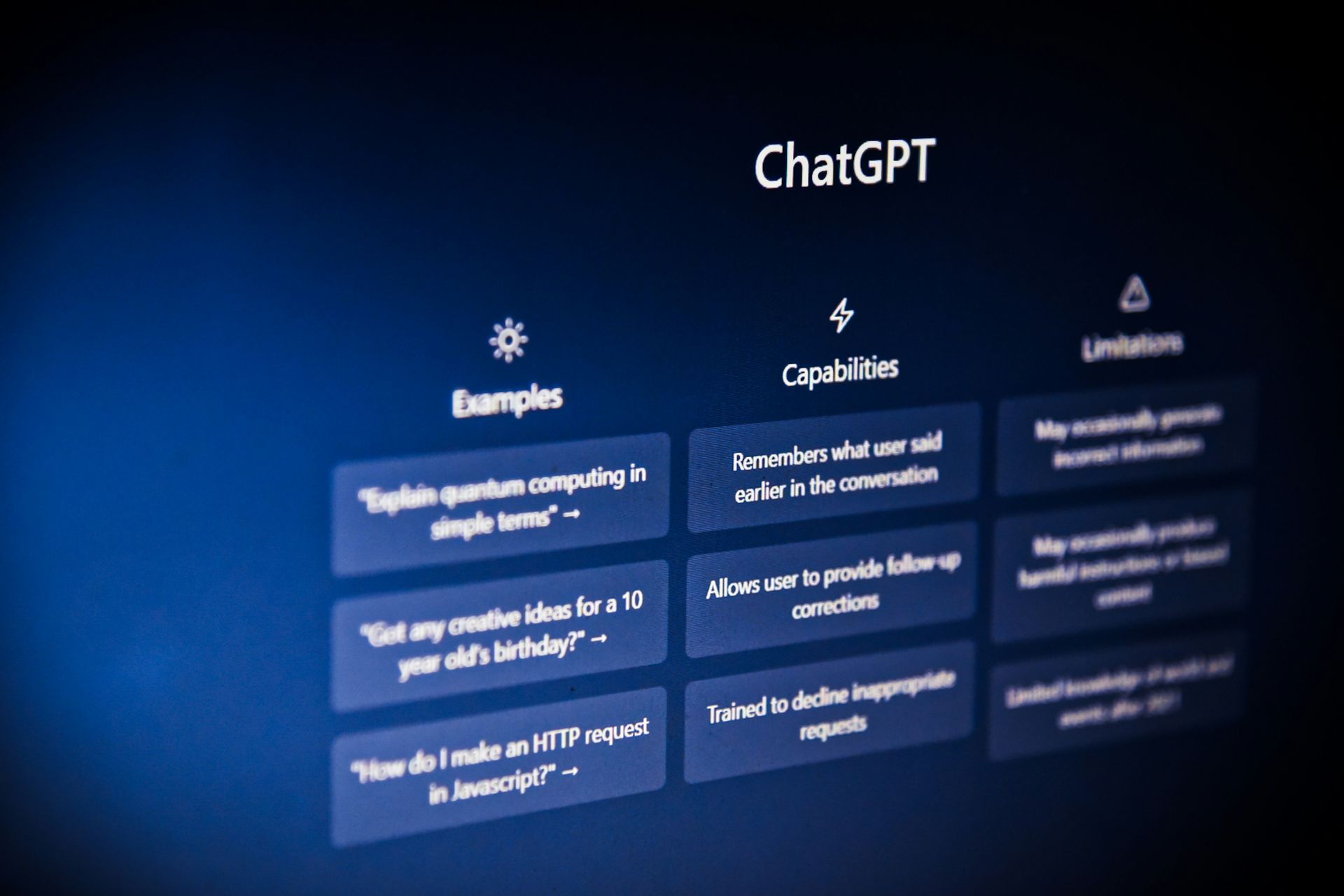OpenAI supercharges ChatGPT with enhanced memory

OpenAI has unveiled a significantly upgraded memory feature for ChatGPT, allowing the system to automatically recall past conversations. Rolled out beginning April 10, 2025, this enhancement marks a pivotal step toward AI that genuinely “knows” its users—making each interaction feel more human, more relevant, and infinitely more useful.
Unlike the previous iteration of ChatGPT’s memory—where users could only save and label specific facts manually—this new system enables the AI to automatically track and retrieve contextual cues across all previous chats.
Sam Altman, CEO of OpenAI, described the update with clear excitement in a X post:
“We have greatly improved memory in ChatGPT—it can now reference all your past conversations! This is a surprisingly great feature imo, and it points at something we are excited about: AI systems that get to know you over your life and become extremely useful and personalized.”
How will OpenAI deal with the data?With memory, ChatGPT becomes less of a question-answering machine and more of an adaptive collaborator. It remembers your profession, writing style, goals, even your favorite productivity hacks. Planning a trip? It’ll recall your preferred destinations.
Working on a book? It remembers the plot. Teaching a class? It knows your syllabus.
That said, not everyone is ready to hand over the keys to their digital memory bank. OpenAI has been careful to design safeguards. Users have full transparency into what the AI remembers and can delete individual memories—or wipe the slate clean entirely—with just a few clicks. For those seeking more ephemeral interactions, the Temporary Chat mode functions much like an incognito browser session, ensuring nothing gets stored.
 (Image credit)
Rolls out gradually
(Image credit)
Rolls out gradually
Currently, the feature is available to ChatGPT Plus and Pro subscribers, with broader availability to Team, Enterprise, and Education users coming soon. However, due to regulatory constraints, users in the European Economic Area, UK, Switzerland, Norway, Iceland, and Liechtenstein won’t see the feature right away.
OpenAI’s memory rollout lands amidst a fierce race in the AI world. With rivals like Google’s Gemini also sharpening their memory capabilities, personalization has become the new battleground in the AI arms race. But OpenAI’s approach—centered on user agency, contextual depth, and ethical design—could be what sets it apart.
Still, the central question looms: will people embrace AI that remembers, or will concerns over privacy and data permanence dampen enthusiasm? The stakes are high. If accepted, memory could usher in a new era where AI doesn’t just assist—it truly understands.
Featured image credit: Levart_Photographer/Unsplash
